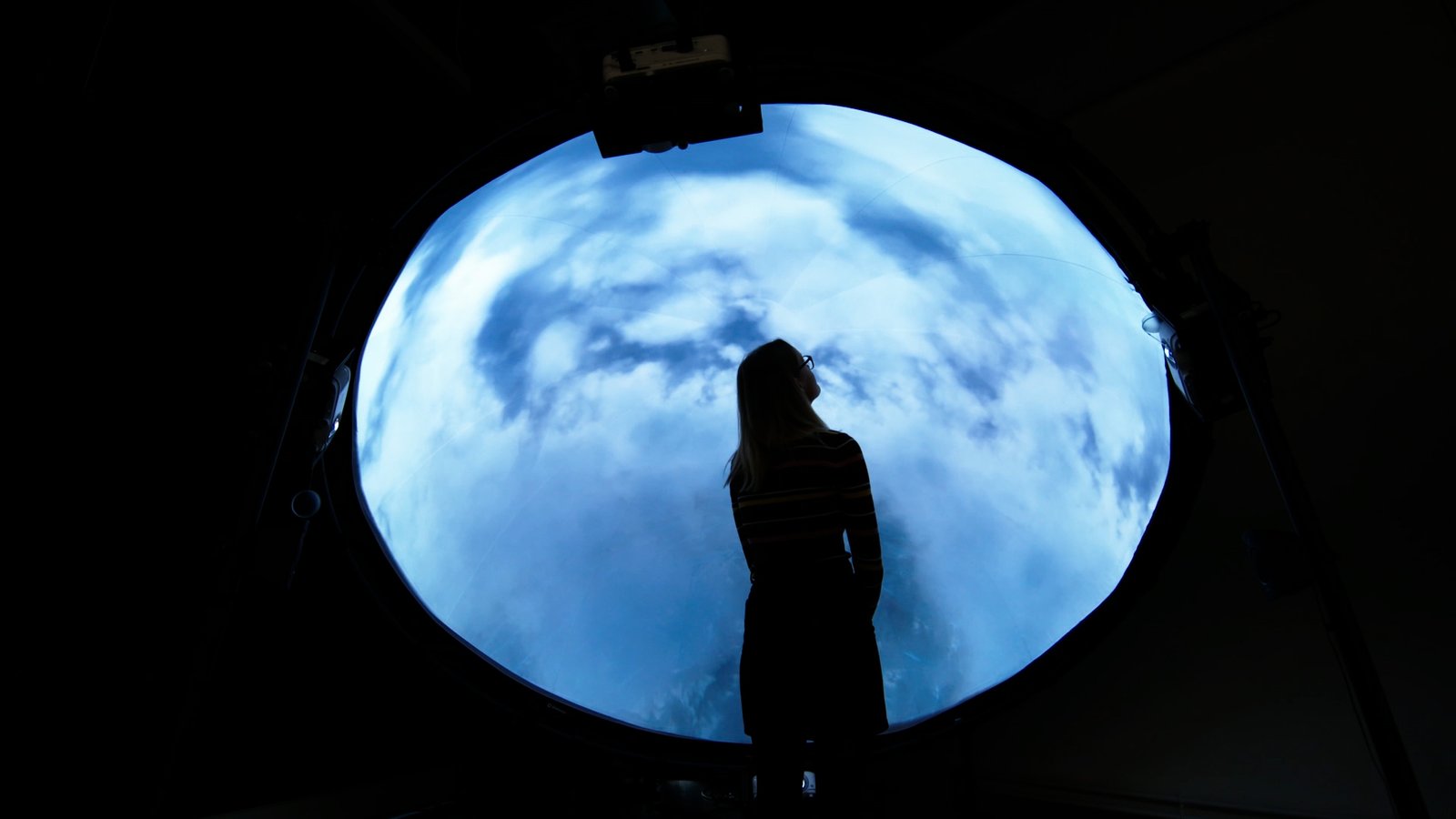
In 2020, The University of Plymouth became one of twenty institutions to be awarded funding from the Office for Students and Research England funding competition, designed to explore the impact of student involvement in knowledge exchange. The project funded by this competition, ‘Engaging Students in Knowledge Exchange’, is building on existing and highly successful knowledge exchange projects within the University of Plymouth, with a drive toward understanding and maximising the benefit to students engaging in knowledge exchange activity with organisations and community partners.
Key to the value of student knowledge exchange is the emphasis on the students’ contribution to organisations and community partners, in contrast to the traditional framing of activity such as placements, internships etc. as an exclusively one-sided learning experience for the benefit of the student. Through ensuring all parties of the knowledge exchange activity are aware that the student contributes as much value to the exchange as the organisation, we are able to set a positive and powerful precedent that reaches far beyond the scope of the immediate activity. However, as David Sweeney accurately writes in his blog The start of a step change in arts and cultural Knowledge Exchange, this requires ‘genuine knowledge exchange’ with ‘mutual respect, genuine exchange and supporting and learning from each other’.
One fantastic example of this is the University of Plymouth’s ‘Innovative Placements Scheme’. The internship program, launched during the first UK lockdown, is designed to support graduating students and the creative sector in the wake of the economic effects of Covid-19 by funding students to remotely work with local SMEs for 38 hours. Devon-based theatre company, Documental Theatre, were so impressed by the students they worked with through the scheme that they have continued to employ them on a freelance basis.
The impact of this scheme has been phenomenal; with many students kickstarting freelance careers on the back of their knowledge exchange activity, a large portion of which have continued working with their clients on a freelance basis from the end of their internship.
Positioning the student and organisation in an equal exchange of knowledge elevates the student to a position of power and trust, boosting their personal development, employability and social capital. This structure also encourages organisations and community partners to trust that they will be working with a capable, skilled and knowledgeable student, who will require a small amount of support in exchange for a wealth of unique insights and valuable contributions.
As we begin our recovery from Covid-19, this shift in how students and organisations engage with each other could not come at a more crucial time. We saw evidence of this when our Social Economic and Market Research Observatory (SERIO) conducted an early evaluation of the 'Engaging Students in Knowledge Exchange' project.
Of the students engaged in the previously mentioned virtual internships, only 72% felt they were able to make a meaningful contribution to the client. Whereas, of the clients who were engaged in the virtual internships, every single one of them felt the intern made a meaningful contribution to their business.
The data from the clients engaged in the knowledge exchange activity clearly demonstrates the value of student knowledge exchange to organisations and community partners. However, whether it’s due to an inherent lack of confidence or the restrictions that have prevented them from entering a physical workspace, the student data suggests that they are failing to internalise their success and see the value of their contribution to knowledge exchange activities.
This data highlights two key points: we, as a sector, need to continue to build more student knowledge exchange opportunities that benefit our communities as well as our students. However, in order to capitalise on the value of these opportunities, we must identify, understand and overcome the challenges our students are facing, including in their personal development and wellbeing, as well as wider issues in access and inclusion.
We understand from qualitative evaluations within our project the need to equip participants with the necessary tools to recognise their contribution and to access the networks that make virtual internships and other knowledge exchange activities such a rich experience, even when online.
As such, we are working with students and area specialists to create accessible and engaging e-learning resources for students engaged in knowledge exchange activities, titled the ‘Knowledge Exchange Toolbox’. These resources cover a wide range of topics, including communicating professionally, imposter syndrome and assertiveness training and personal skills development. Each pathway of resources includes bite-sized content, quizzes, explainer videos, interactive videos and articles, which are available for students to complete at a pace that works for them.
Student knowledge exchange has the power to change the way we teach, collaborate and work. However, at this early stage, evaluation, knowledge sharing and positive interventions are key for harnessing the true value of student knowledge exchange in order to create impactful change for our students, sector and communities.
Image caption: University of Plymouth Immersion Lab, still taken from The Bridge film.
